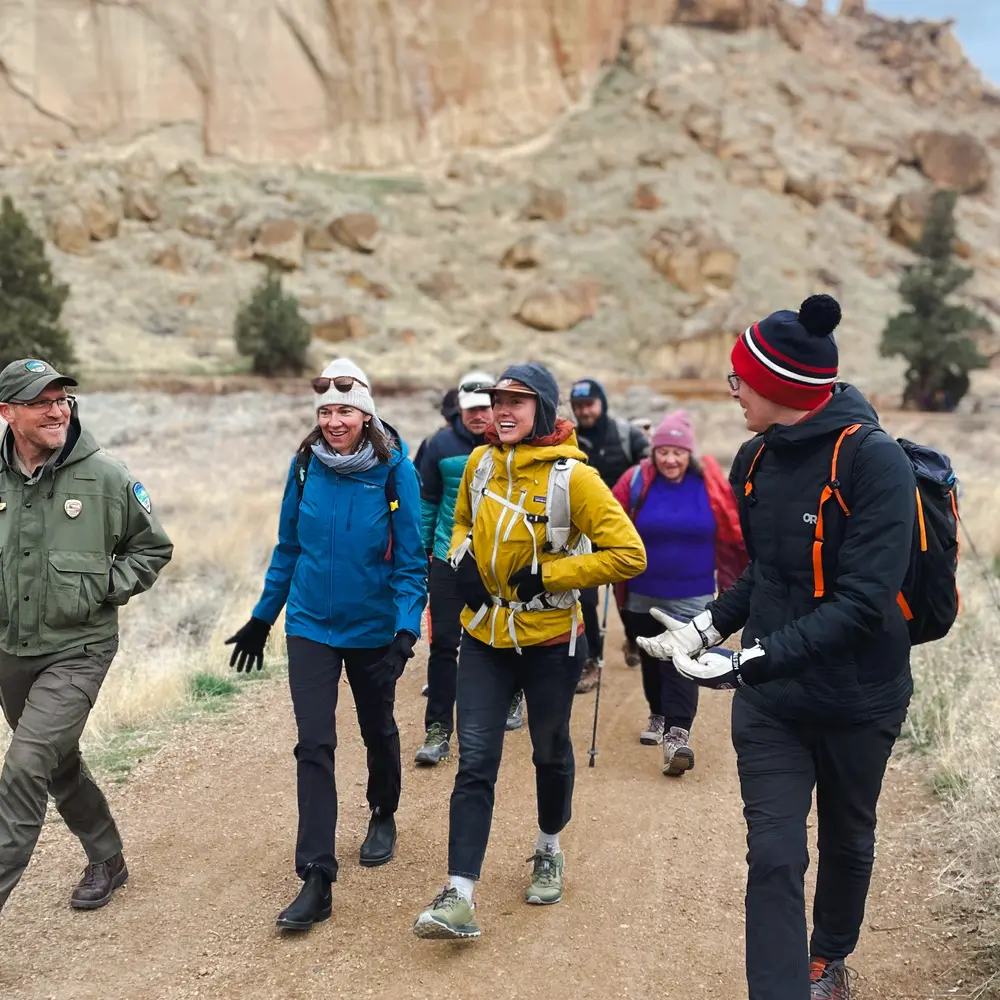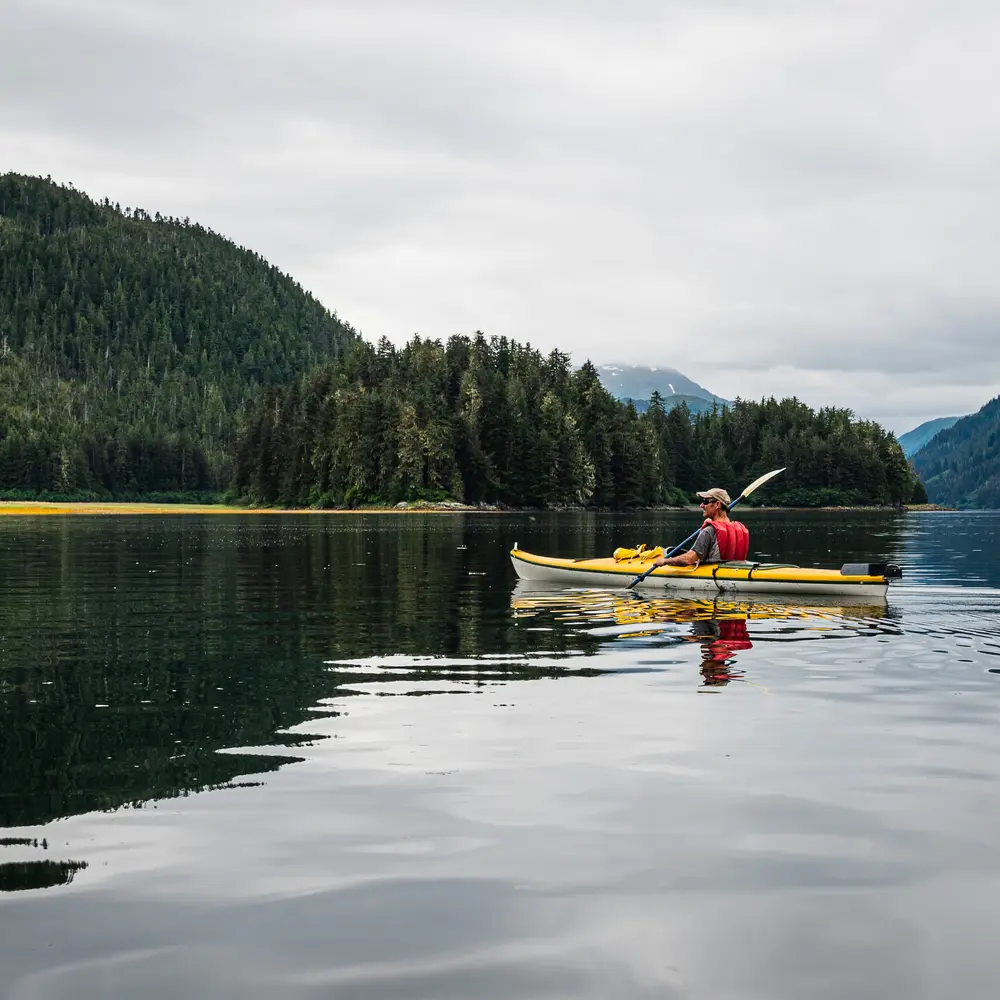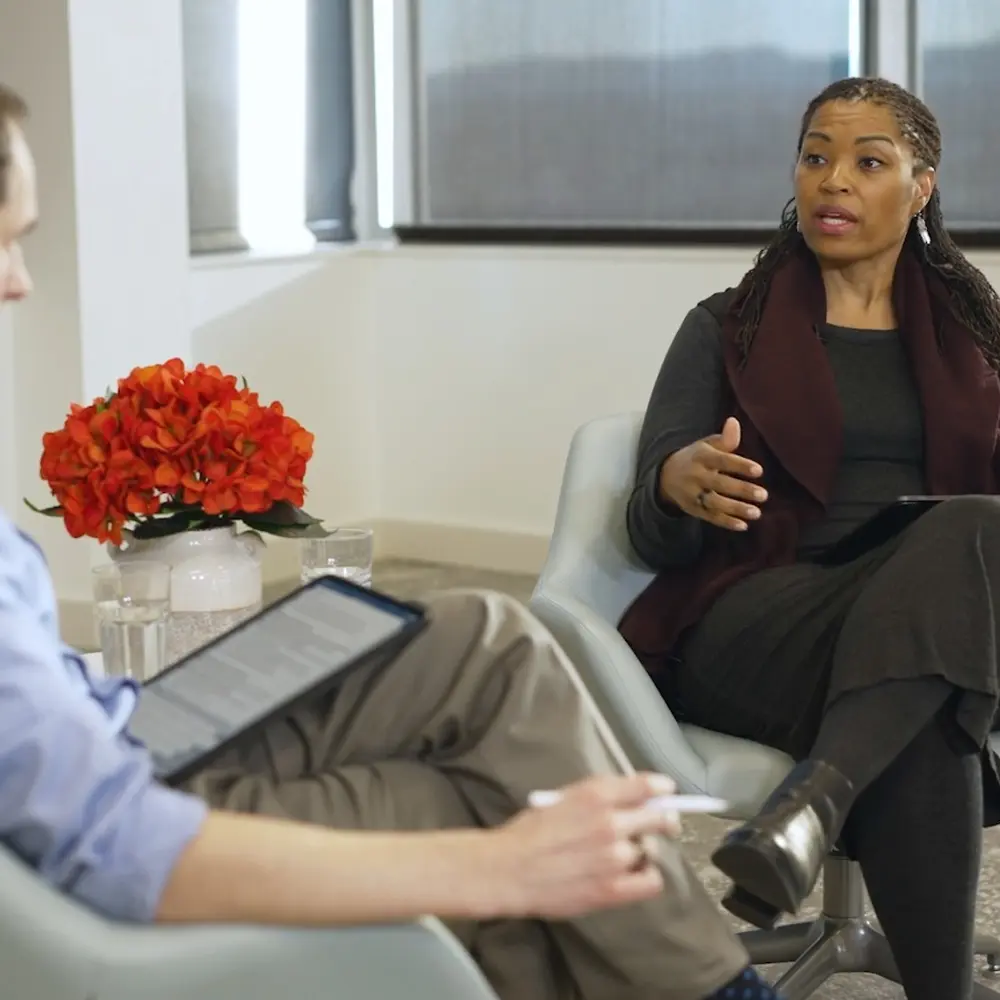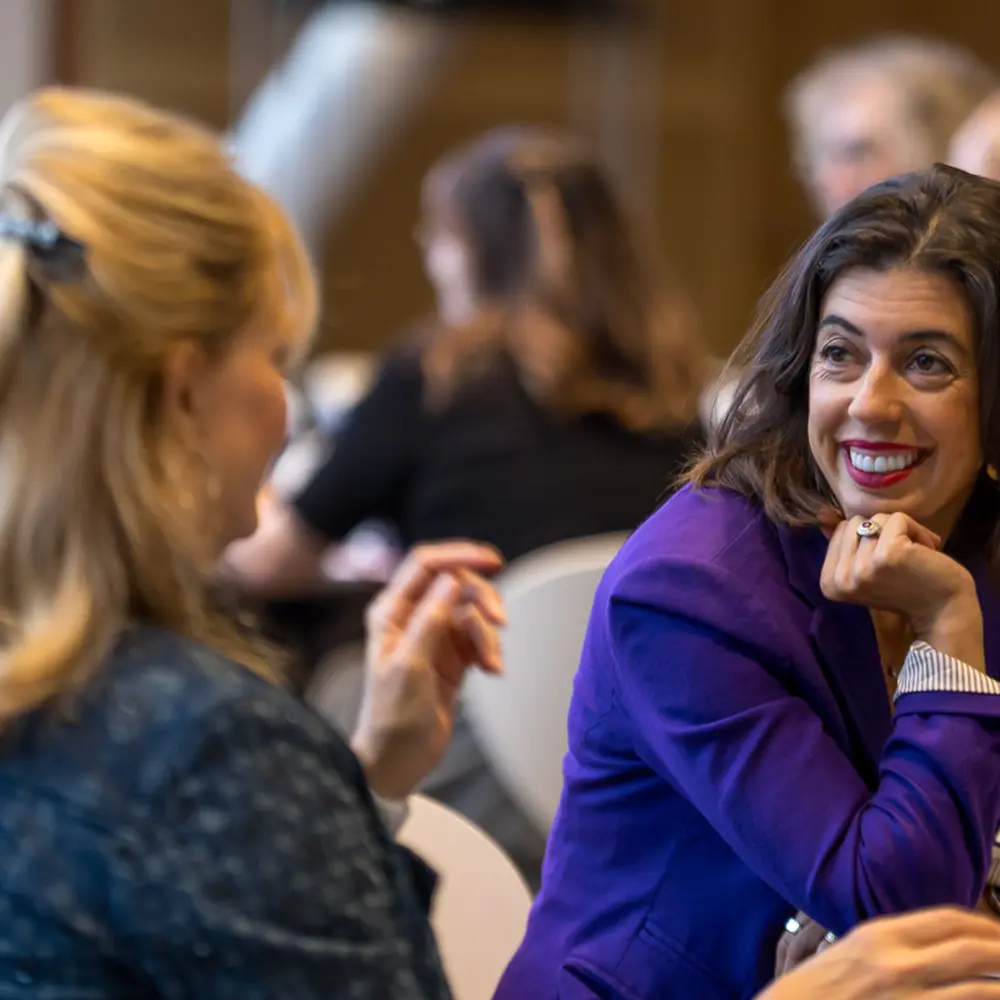by Steve Garber • June 2017

I spent a day in Portland, a long day but only one day, one more time entering into the hope and work of the Murdock Trust. While I have been drawn in for most of twenty years, invited into its counsels about ideas of all sorts, for several years now I have served as a senior fellow for the Trust. Mostly I am asked to listen in, and with the other fellows, respond to the questions and concerns that are at the heart of the Trust’s life.
It is a very unusual foundation. On the one hand, the Trust has a long and generous commitment to the Pacific Northwest, offering most of its philanthropy to the five states of Washington, Oregon, Idaho, Montana, Alaska, and British Columbia too, Canada’s contribution to “Cascadia.” But it is unusual too in its commitment to the common good, investing itself in surprisingly diverse institutions and organizations representing causes and concerns that most other foundations would never see as “equal.” From the Oregon Shakespeare Theater to Young Life in Portland, to the famously secular Reed College to the seriously Quaker George Fox University, to ministries among trafficked women in Seattle to healthy streams and fisheries in Montana, to the flourishing of rural communities to the renewal of urban centers, to the needs of high school science students to the work of university scientists. And on and on and on.
Each program and project is a window into a need of some sort. Sometimes they come from grievous and horrific injustice, sometimes from the more slow demoralization of forgotten and marginalized people, sometimes from historical sorrows for which there are no easy answers; and then sometimes from people and places with long histories of doing good work who need resources to do more good work. The arts, scientific research, and education at every level are examples of this, and hundreds of good ideas are made even better because of the Trust’s partnership.
As we talked last night over dinner, the senior fellows gathered around a table with the Trust’s senior leadership, we found our way into some of the deeper, harder questions that are written into our present moment. For example, one cannot distinguish the whimsical and creative Portlandia from the horrors of shootings and stabbings over the last year that have wounded bodies and souls throughout the city— as numbing as they are, so terribly frequent that they are, all over America, all over the world.
No one had anything cheap to say, and the Trust has no cheap solutions. But when all was said and done, I was glad to be there, taking a small part in the complex work of the Trust, doing what it can to be common grace for the common good. It doesn’t shy away from hard questions or difficult issues, but with moral seriousness and remarkable expertise it enters in, seeing itself implicated for love’s sake in the way the world turns out.
Yes, there are cracks in Cascadia— so very beautiful, so very majestic, and yet so very broken too. A now not yet world it is, always and everywhere. Aches and pains, wounds and hurts, yes, but all that twined together with honest longing for more beauty, for more truth, for more goodness. That is the reason-for-being for the Murdock Trust, called into existence to work for the flourishing of the Pacific Northwest.
Steve Garber is a senior fellow at the M.J. Murdock Charitable Trust.
The post Cracks in Cascadia appeared first on M. J. Murdock Charitable Trust.







